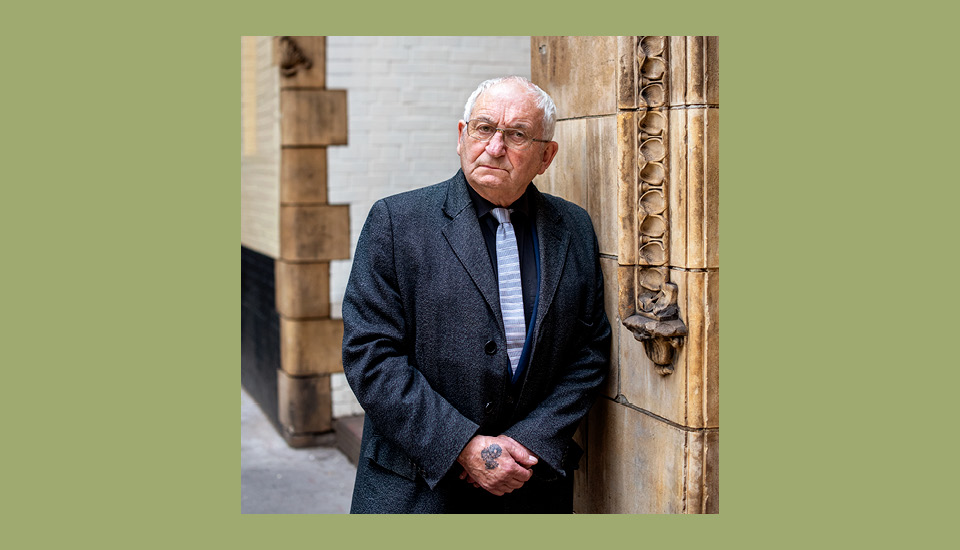London, 25 May – Today, the RSA (royal society of arts, manufactures and commerce) has published its latest report on preventing school exclusions.
The report presents the interim findings of a three-year project with three English local authorities aiming to reduce exclusions and make education more inclusive.
The RSA’s Mehak Tejani, co-author of the report, said: “Whilst we found pockets of good practice within and across settings, partners in education, health, social care, and the local government are working in silos, causing inconsistency of provision, and not addressing the ‘blame and shame’ felt not only by the many young people at risk of exclusion but also the professionals who feel they can’t effectively support these young people.
“Ways of working are isolating and ineffective and there is sometimes a self-fulfilling narrative about unfairness in the system. Our report aims to change that.”
The report suggests a clear goal to strive towards:
Schools and local services work together more effectively to enable early identification of, and timely response to needs.
The report also includes testimony from young people, families, and education professionals.
Billie, a year 10 student, told researchers: “They have the wrong idea of me and treat me differently. A lot of the time I don’t want to go into school because, if I don’t go in, I can’t lose any positive points, but if I do go in then I lose them.”
Caroline, a parent of a primary school child said: “I went into school and met with the head and told them that my child wasn’t coming back. The relief on their shoulders was visible, and there was no persuasion or trying to persuade me to keep them there. Now we’ve gone somewhere else and seen how it can be done differently just with a bit of understanding and care.”
Our work has caused some school leaders to rethink their approach: “I am consciously - back in school - making decisions about where I am going to go for support for children - thinking more carefully about which organisation might be able to help with this specific issue.”
“One of the things that came out is trust with other services - you sometimes feel people have their own agenda. [Understanding their perspective] helped us to trust a bit more.”
Ms Tejani continued: “Disruption to a young person's education has long-term implications for health, wellbeing and future opportunities and is known to disproportionately affect already disadvantaged pupils, such as those with SEND (Special Educational Needs and Disabilities), those in the social care system or pupils from certain ethnic minority backgrounds.”
The next phase of the project will see a more joined-up approach piloted in schools in East Sussex, Oldham, and Worcestershire, helping to establish a set of best practices that are both replicable and scalable in different contexts.
NOTES TO EDITORS
The RSA is working in three areas:
East Sussex - who want to ‘sharpen our focus on the most disadvantaged groups of learners in our schools and communities’ which was sorely needed as the authority has the second highest rate of permanent exclusions and is almost double the national average rate.
Oldham – who wanted to ensure that ‘every learning setting in Oldham is inclusive’ and where although suspensions and permanent exclusions were trending downwards, they were above the national average.
Worcestershire - where rates of permanent exclusions were higher than neighbouring authorities and the national average, although the gap had reduced during the 2019-20 academic year.
The academic year 2021-22 shows a six-year peak in suspensions rate in the autumn term, with an uncharacteristic rise in exclusions within primary settings.
The RSA's earlier Pinball Kids report revealed that wider societal factors (linked to poverty and economic insecurity), combined with direct and indirect consequences of policymaking (linked to funding, accountability, academisation) had severed relationships at all levels within the education system leading to the rise and persistence of exclusions.
The work was conducted with three partners:
Esmée Fairbairn Foundation which aims to improve our natural world, secure a fairer future, and strengthen the bonds in communities in the UK.
Porticus, a philanthropic organisation that aims to create a just and sustainable future where human dignity flourishes.
Treebeard Trust, which is a charitable foundation set up in 2011to create a healthier planet and fairer society.
Mehak Tejani is available for interview.
Read the TES story about our report here. (Registration required)
The full report can be downloaded here.
Related articles
-
In conversation with Lord John Bird
In Conversation
Andy Haldane
Lord John Bird, founder of The Big Issue, artist, novelist, raconteur and social entrepreneur, talks with RSA Chief Executive Andy Haldane about his journey from privation to peerage – and what it will take to end poverty once and for all.
-
Wikimedia: people-powered
Feature
Lucy Crompton-Reid
In an age where knowledge is everything, Wikimedia’s behind-the-scenes communities are keeping the lights on and ensuring the truth is told.
-
Groundbreaking commission to supercharge East Midlands launched
Press release
The RSA and the East Midlands Combined County Authority have launched the Inclusive Growth Commission, which will identify and action radical plans to unleash potential and supercharge prosperity in communities across the East Midlands.


